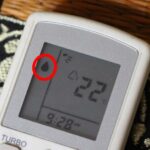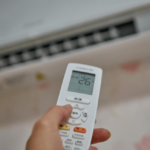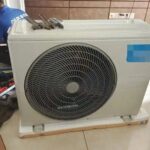
With summer in full swing, air conditioners have become a staple in many households. However, not everyone knows how to use them efficiently to save on energy costs while maintaining a comfortable and healthy environment for their families and prolonging the lifespan of the appliance.
For instance, many people simply turn off their air conditioners with the remote control and assume that since the unit is no longer running, it won’t consume any more electricity. This is a common misconception.
If you only press the OFF button on the air conditioner’s remote control without actually turning off the power supply to the unit, it will still draw a significant amount of electricity. Research shows that in this standby mode, the air conditioner can consume as much power as a 15W light bulb.
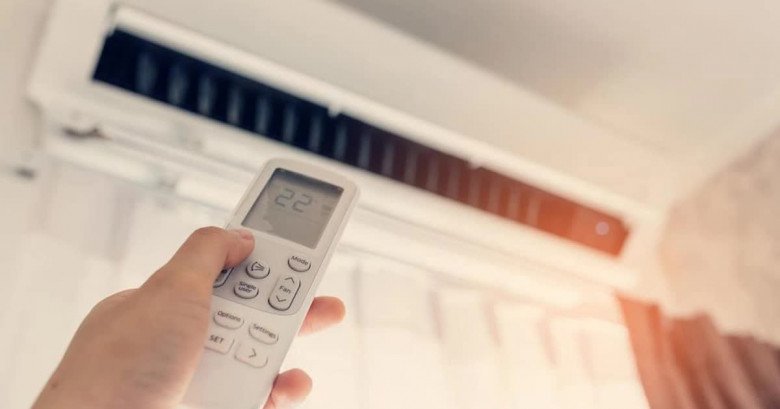
Additionally, if your home’s electrical system is unstable, turning off the air conditioner with the remote control can pose risks of electrical shorts or even fires.
Therefore, it’s best to turn off the air conditioner at the control panel and then switch off the power supply after use to save energy and maintain the durability of the appliance while preventing potential hazards.
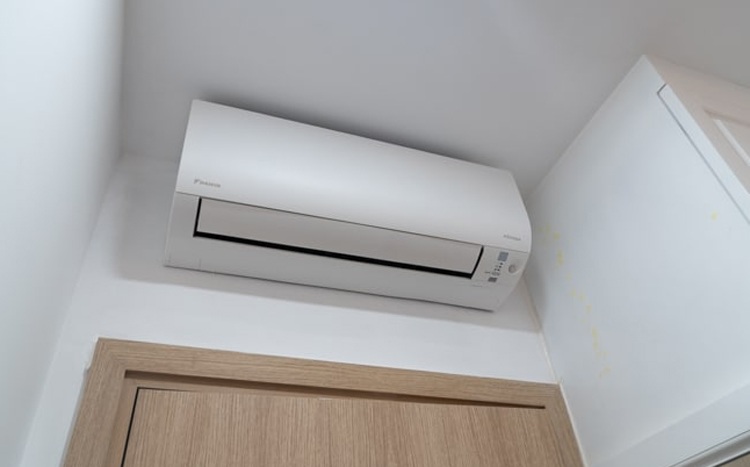
Apart from air conditioners, there are other appliances in your home that should be unplugged after use to ensure safety and energy efficiency:
– Phone and Laptop Chargers
Many people tend to leave their phone and laptop chargers constantly plugged into power outlets, even when not in use. This habit is not only unsafe but can also lead to electrical fires. Moreover, if you have young children at home, they might play with the cords and put them in their mouths, which could have tragic consequences.
Leaving chargers plugged in can also result in a small amount of electricity being drawn, even when they are not connected to any devices. Additionally, the chargers themselves can degrade over time. Therefore, it’s best to unplug your chargers from the power outlet when not in use. If your outlet has a switch, you can turn it off without unplugging the charger.
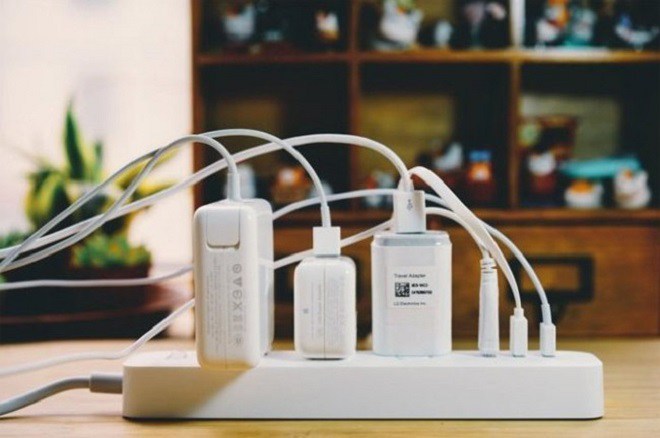
– Television
Most people turn off their televisions using the remote control, but this only puts the TV into standby mode, and it will still consume some power. Additionally, during thunderstorms, lightning can cause power surges that could damage your TV or other connected devices.
The correct way to turn off your TV is to use the remote control first and then unplug the power cord. Do not unplug the power cord abruptly, as this can reduce the lifespan of your TV or cause electrical issues.
– Water Heater
After about 20-30 minutes of turning on your water heater, you’ll have hot water ready for use. However, before taking a shower, it’s recommended to unplug the heater or turn off the electrical supply using the circuit breaker.
Leaving the water heater on while bathing can be dangerous and may lead to electrical shocks or leaks. Moreover, if the water temperature drops below the set temperature, the heater will automatically turn on and consume electricity to reheat the water.
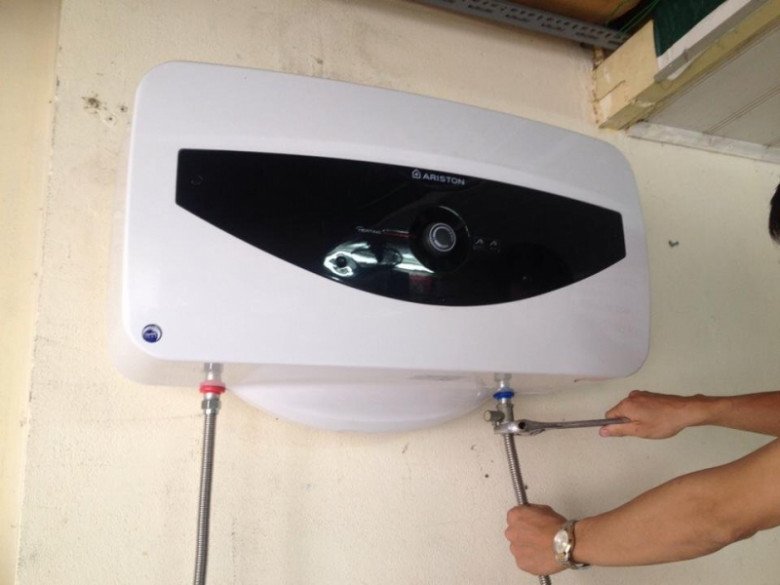
– Washing Machine
The washing machine is a commonly used appliance in households, and because it’s used frequently, the power plug is often left in the socket. However, if you’re not careful, the plug and socket can get wet, leading to electrical leaks or fires.
Therefore, it’s recommended to unplug your washing machine after each use to prevent any potential electrical hazards.
























